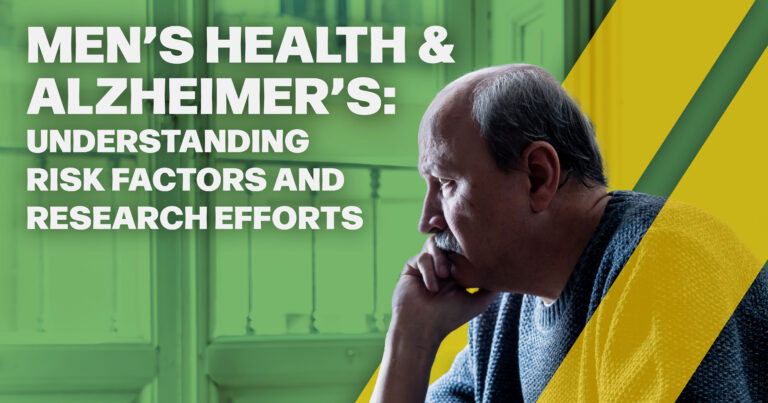Men’s Health & Alzheimer’s: Understanding Risk Factors and Research Efforts
Men’s Health & Alzheimer’s: Understanding Risk Factors and Research Efforts While Alzheimer’s disease affects both men and women, growing research reveals that men may experience cognitive decline differently. From how symptoms present to how lifestyle and genetics influence risk, men face a unique set of challenges when it comes to neurodegenerative diseases. Understanding these differences …





